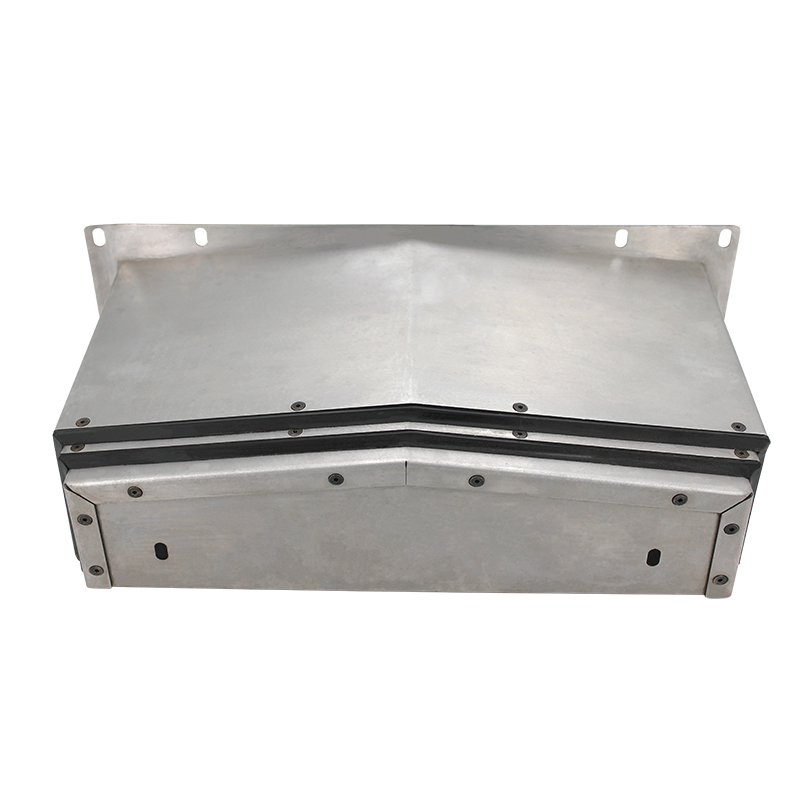cable carrier manufacturers
The Evolution and Importance of Cable Carrier Manufacturers
In the rapidly advancing technological landscape, cable carriers, also known as drag chains, play a crucial role in ensuring the smooth operation of machinery, robotics, and various industrial applications. Cable carrier manufacturers have become essential players in promoting efficiency, safety, and longevity in systems where cables and hoses are involved. This article delves into the significance, innovations, and leading manufacturers in the cable carrier industry.
Understanding Cable Carriers
Cable carriers serve as protective channels that guide and support cables and hoses during their movement. They are used in a variety of industries, including manufacturing, robotics, aerospace, and construction. By organizing cables and hoses, these carriers prevent tangling, abrasion, and wear, which can lead to equipment failure and downtime. In an era where machinery must operate reliably, the role of cable carriers cannot be overstated.
The Evolution of Cable Carrier Design
Historically, the design of cable carriers has evolved significantly. Early models were primarily made of metal, which provided durability but also added significant weight to machinery. With advancements in materials technology, manufacturers began using lightweight plastics and composites that offer both strength and flexibility. This evolution has allowed for greater mobility in industrial applications, and it has paved the way for innovative designs that cater to specific needs.
Modern cable carriers feature modular systems that can be easily customized to fit various applications. These modular designs allow for quick assembly and disassembly, making it easier to install and maintain systems. Furthermore, advancements in technology, such as the incorporation of sensors and IoT capabilities, are enhancing the functionality of cable carriers, providing real-time data on cable conditions, and predicting maintenance needs.
Key Benefits of Using Cable Carriers
1. Protection One of the primary functions of cable carriers is to protect cables and hoses from environmental factors such as dust, debris, and mechanical wear. This protection significantly extends the lifespan of these elements, ensuring consistent performance.
2. Organization Effective organization of cables reduces the risk of tangling and subsequent damage. This organization also facilitates easier troubleshooting and maintenance, as technicians can quickly identify and access cables.
3. Safety By containing and guiding cables, cable carriers reduce the risk of tripping hazards in industrial environments. Their structured design contributes to overall workplace safety, which is a top priority in modern industry.
cable carrier manufacturers

Leading Cable Carrier Manufacturers
Several manufacturers have emerged as leaders in the cable carrier industry, contributing innovative designs and high-quality products. Notable names include
- Igus Known for its self-lubricating and lightweight polymer cable carriers, Igus is at the forefront of technology with a focus on providing customized solutions for various industries. Their products enhance flexibility and reduce wear and tear on cables.
- Duke Duke has established itself as a reputable name in the cable management sector, offering solutions that cater to heavy-duty applications. Their cable carriers are designed to withstand harsh environments while ensuring the safety of cables.
- Item International With a focus on modular automation, Item International provides a range of cable carriers that promote efficient installation and maintenance. Their innovative designs cater to specific industry needs, reflecting their commitment to customization.
- THK THK is recognized for its advanced motion control technologies. Their cable carriers are engineered to support precision equipment, ensuring reliability in demanding applications.
The Future of Cable Carrier Manufacturing
As industries continue to embrace automation and smart technology, the demand for sophisticated cable carrier systems is expected to grow. Future trends may include further integration of smart technology, where cable carriers not only protect and guide cables but also gather and relay data regarding equipment performance. Manufacturers are likely to explore sustainable materials and eco-friendly production methods to meet the increasing demands for environmental responsibility.
In conclusion, cable carrier manufacturers are vital players in modern industries, providing essential products that ensure the safety, efficiency, and longevity of machinery. With innovations in design and materials, these manufacturers are well-equipped to meet the evolving demands of a technology-driven world. As we look to the future, the continued development in this field promises to bring even more effective solutions for cable management and automation.








